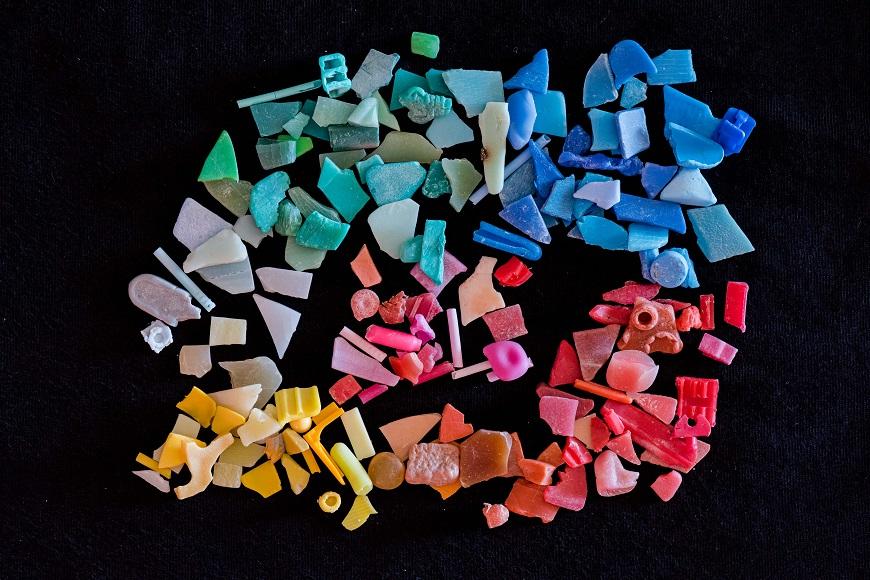Circular economy: using waste as fertilising products
Promoting increased use of recycled nutrients would help to develop a circular economy and allow for a more resource-efficient overall use of nutrients, but attention needs to be paid to the heavy metal contamination of fertilising products.
The effects of climate change on marine life
The European Food Safety Authority's (EFSA) Emerging Risk Exchange Network (EREN) has been briefed by Member State representatives on several issues related to the impact of climate change on marine life.
Exposure to pesticides increases the possibility of developing resistance
Antimicrobial resistance (AMR) is one of the most challenging public health issues of our time. A new study has investigated the link between exposure to pesticides and the development of antibiotic resistance.
Micro- and nanoplastics

Micro- and nanoplastics, which have become the focus of scientific interest over the past decade, are increasingly in the news.
MicroRNA in breast milk
MicroRNAs were first found in breast milk in 2010. Their role is still unclear.
Link between biodiversity loss and the increasing spread of zoonotic diseases
A recently published study found a link between biodiversity loss and the increasing spread of zoonotic diseases. The study provides an overview of the complexity of the issue and possible solutions to reduce the spread of zoonoses.
Impact of climate change on soil-borne pathogens
Climate change may increase the proportion of soil-borne pathogens.
Botulinum neurotoxin-like toxin identified in Enterococcus faecium strain
A novel botulinum neurotoxin (BoNT) gene cluster has been identified in Enterococcus faecium strains, raising several questions about microbial interactions and antibiotic resistance.
Edible flowers

The consumption of edible flowers in Europe has increased in recent years. For many wild or cultivated flowers proposed for food use, there is remarkably little chemical and toxicological data available.
Alternaria mycotoxins in tomato products

Alternaria species are capable of producing a number of mycotoxins, several of which have been shown to be genotoxic, carcinogens. As part of the German food safety monitoring plan, the toxins produced by Alternaria in food were tested for the first time in 2019.
